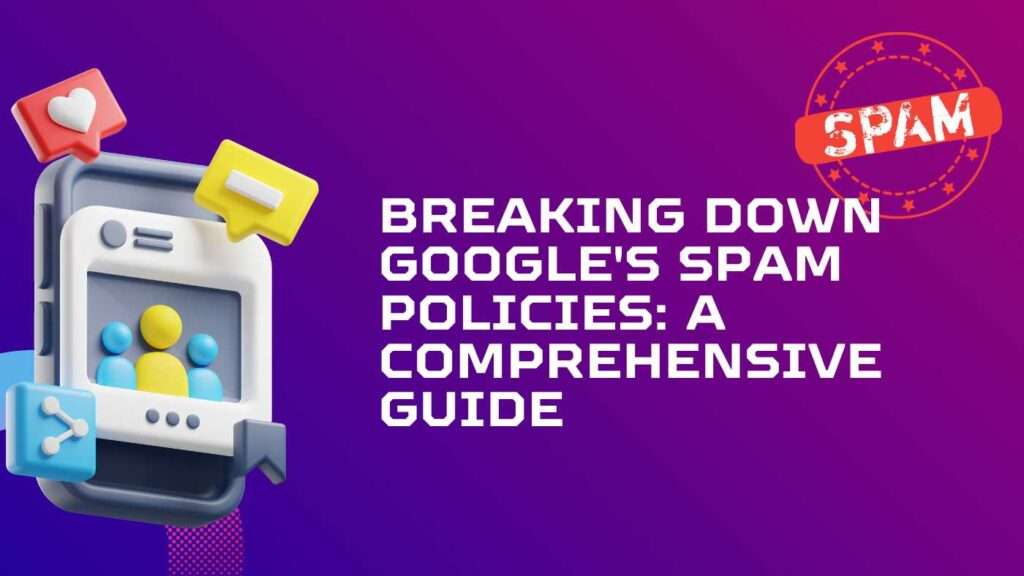Introduction Keyword Cannibalization
Did know that improper keyword usage can harm your website’s SEO efforts? Keyword cannibalization occurs when multiple pages on your site compete for the same keywords in search engine rankings. This confusion can lead to lower rankings, decreased organic traffic, and reduced overall visibility. But fret not! In this article, we will explore three effective strategies to avoid keyword cannibalization and maintain a robust online presence.
1. Conduct Thorough Keyword Research
To prevent keyword cannibalization, start your SEO journey with comprehensive keyword research. This step ensures that you have a solid understanding of the different keywords relevant to your website and its content.
Here’s how you can conduct effective keyword research:
Utilize Tools and Analyze Data
Take advantage of powerful keyword research tools like Google Keyword Planner, Ahrefs, or SEMrush to identify the most relevant and lucrative keywords for your website. These tools provide valuable insights such as search volume, keyword difficulty, and variations to help you make informed decisions.
Organize and Prioritize Keywords
Once you have a list of potential keywords, it’s crucial to organize and prioritize them. Group similar keywords together and identify the high-priority ones that align with your website’s unique value proposition. By doing so, you’ll ensure that each page on your site focuses on distinct keywords, reducing the chances of cannibalization.
Implement a Content Strategy
Based on your keyword research, develop a content strategy that maps out which keywords will be targeted on each page of your website. This strategy helps you create purposeful and engaging content while avoiding the accidental repetition of keywords across multiple pages. Remember, well-structured content targeting specific keywords can significantly enhance your SEO efforts.
2. Optimize On-Page Elements
To prevent keyword cannibalization, it’s vital to optimize the on-page elements of your website appropriately.
These elements include meta titles, meta descriptions, URL structures, headings, and content.
Craft Unique and Descriptive Meta Titles
Make sure each page of your website has a unique meta title that accurately describes its content and incorporates the targeted keyword. This title appears in search engine result pages, providing an immediate snapshot of what users can expect from your page.
Write Compelling Meta Descriptions
Alongside meta titles, optimize meta descriptions to entice users to click through to your page. Use persuasive language, incorporate relevant keywords naturally, and ensure each description is unique and tailored to the respective page.
Structure URLs Effectively
URLs should be concise, descriptive, and include the primary keyword for the page. Avoid lengthy URLs, unnecessary parameters, or using generic default settings. By optimizing your URLs, you enhance both user experience and search engine crawlability.
Use Headings to Organize Content
Headings help search engines understand the structure and hierarchy of your content. Use H1 for the main title, H2 for subheadings, and so on. Incorporate relevant keywords naturally into your headings to signal their importance to search engines.
Create Engaging and Unique Content
By producing high-quality content that is valuable and unique, you can differentiate your pages from one another. Each page should focus on its unique topic and targeted keyword(s), offering readers a fresh and valuable experience.
Read More: Top 5 SEO Myths That You Should Be Aware of in 2024
3. Perform Regular Content Audits
Performing regular content audits is essential to identify and rectify any instances of keyword cannibalization that may have slipped through the cracks.
Here’s how you can effectively audit your content:
Analyze Existing Content
Thoroughly analyze your website’s existing content and identify pages that target the same keywords. This analysis helps you pinpoint areas of cannibalization and take corrective measures.
Consolidate or Differentiate
Once you’ve identified pages targeting the same keywords, evaluate whether they should be consolidated or differentiated. If the content is substantially similar, consider merging them into one comprehensive post. On the other hand, if the content differs significantly, ensure each page focuses on a distinct set of keywords.
Update and Optimize
For pages suffering from cannibalization, update and optimize the content to eliminate keyword duplication. Revise the titles, meta descriptions, headings, and content to reflect the unique value proposition and target keywords of each page.
Conclusion
Keyword cannibalization can hinder your SEO efforts and impact search rankings. By conducting thorough keyword research, optimizing on-page elements, and performing regular content audits, you can effectively avoid this pitfall. Remember, providing unique, valuable content tailored to specific keywords on each page will help your website flourish and rank higher in search engine results. So, equip yourself with these strategies, steer clear of keyword cannibalization, and watch your organic visibility soar.
“Don’t let keyword cannibalization devour your SEO efforts. Take action and ensure each page feasts on its unique set of keywords.” – BlogPostCraftGPT
External Links:





